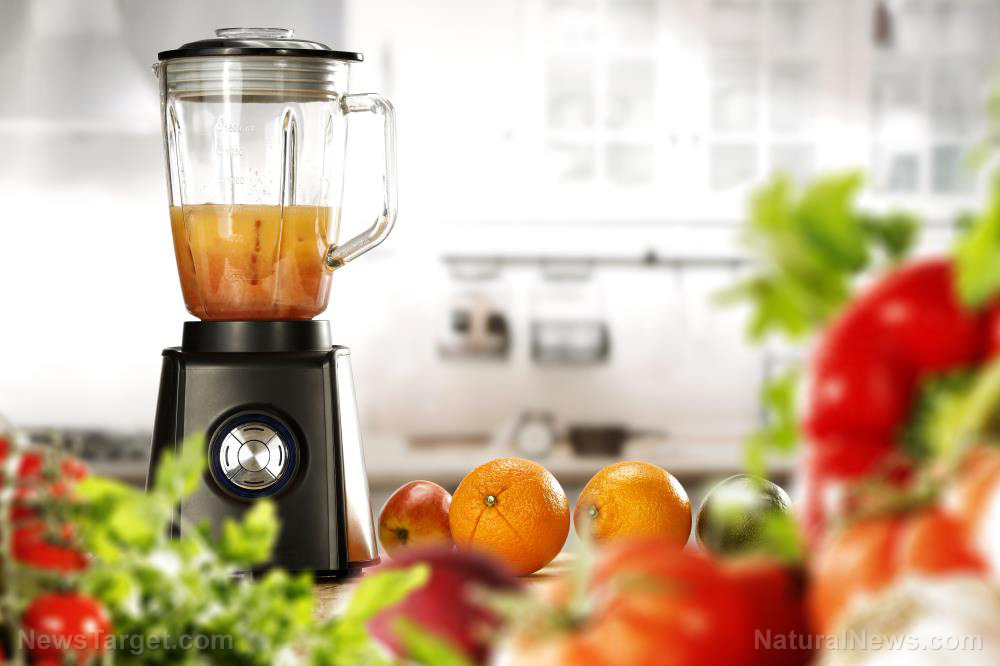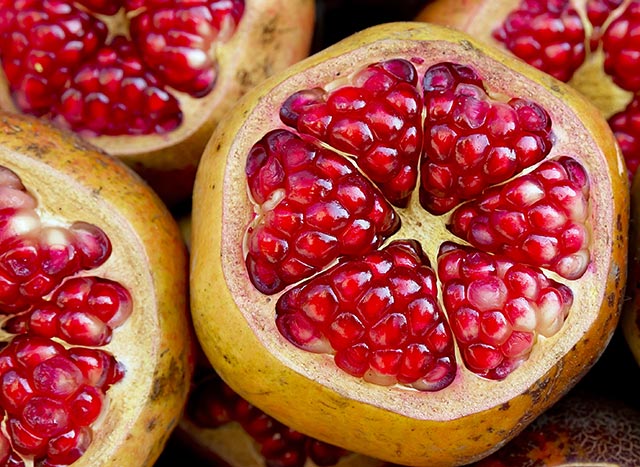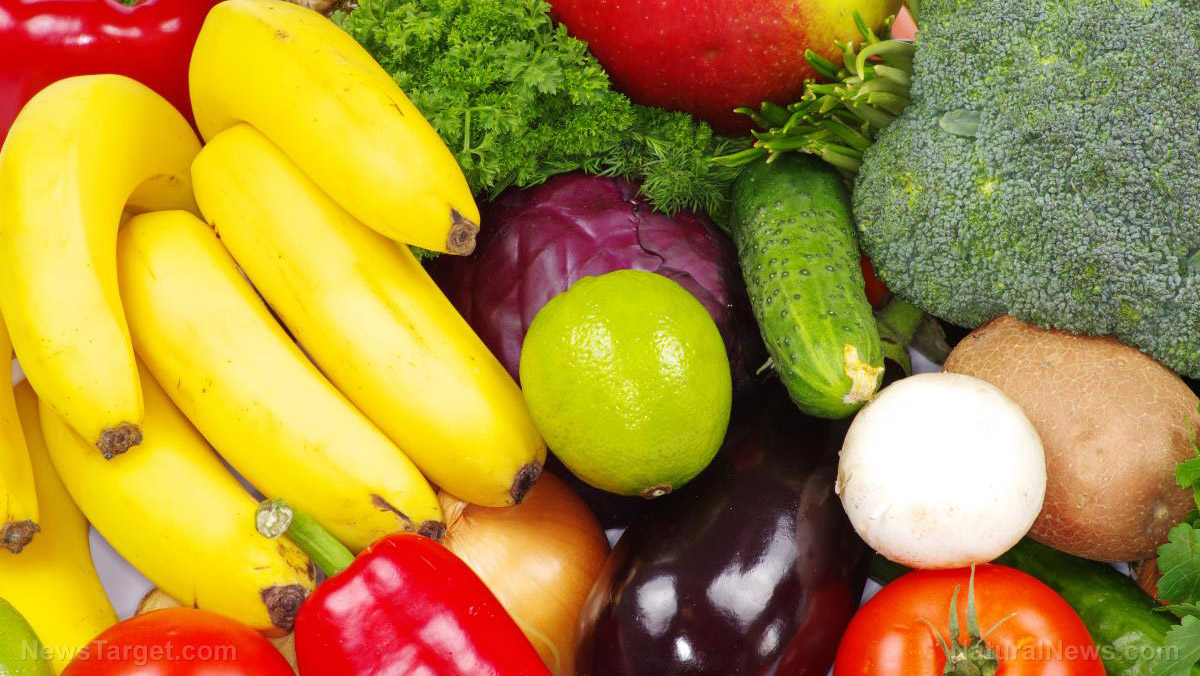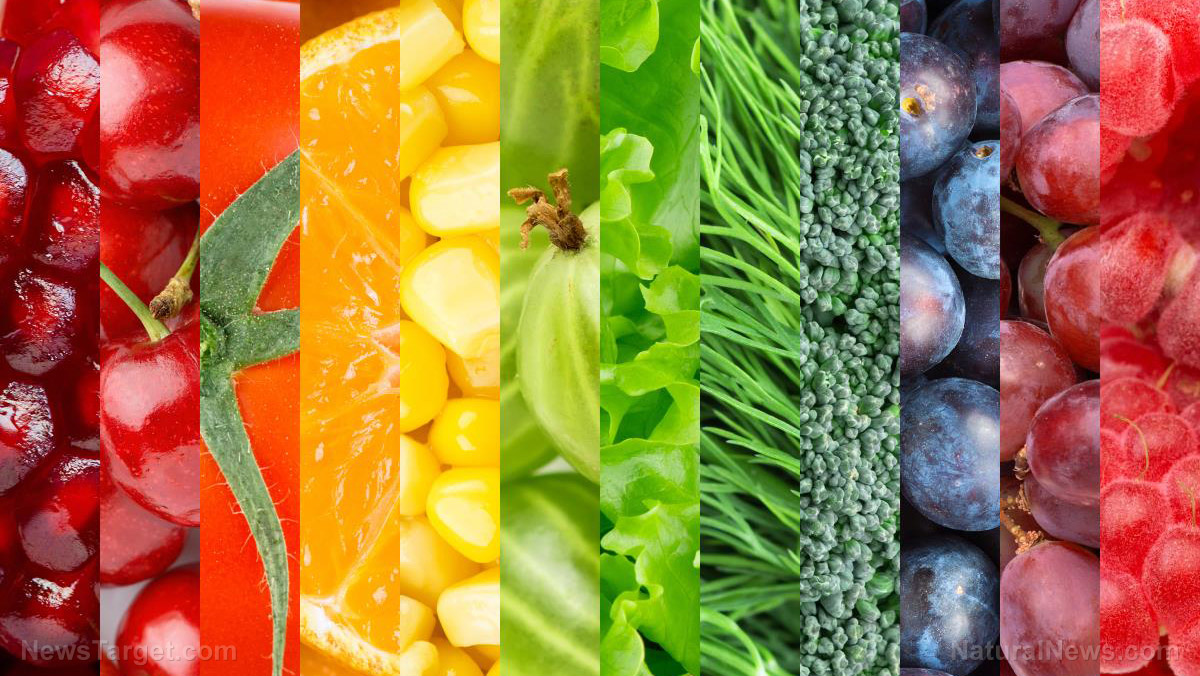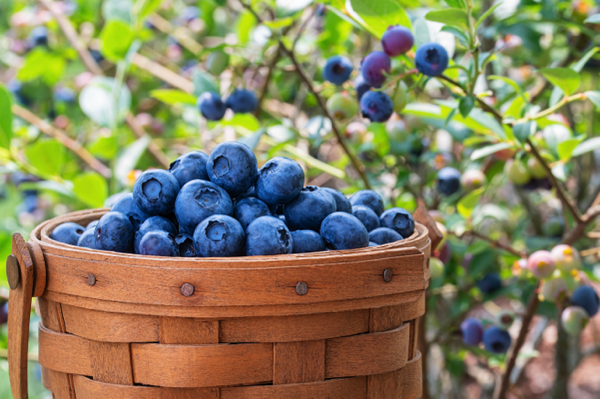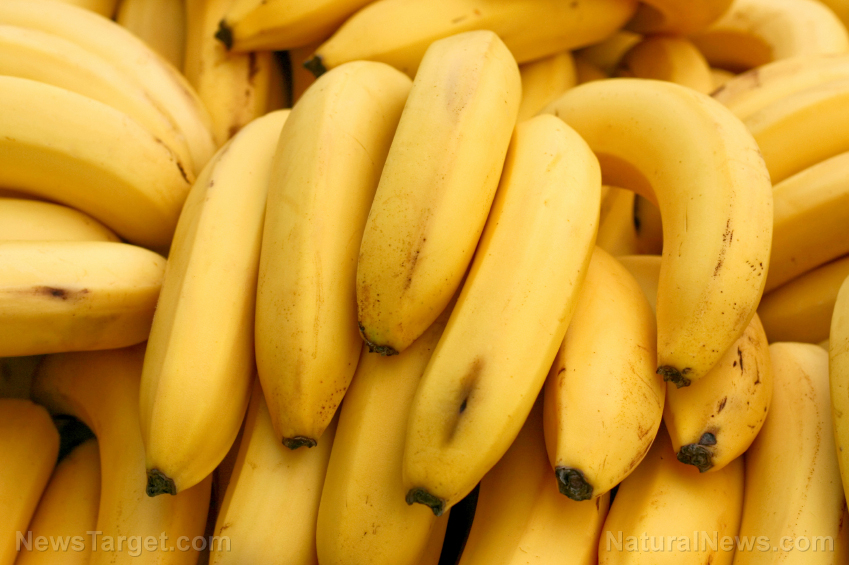352 Cases of dried apricots recalled over undeclared SULFITES
07/01/2025 / By Olivia Cook

- Over 300 cases of Floria Dried Apricots were recalled after failing to disclose sulfites on labels, as detected during a routine inspection by New York authorities. Turkana Food Inc. issued a nationwide recall.
- Sulfites are common preservatives that can cause severe reactions (e.g., asthma attacks, anaphylaxis) in sensitive individuals, especially asthmatics. Undisclosed sulfites elevate risks, yet no illnesses were reported as of June 12.
- The FDA mandates sulfite disclosure at ?10 ppm, but lab tests confirmed undisclosed sulfites above this threshold in the recalled apricots (identified by Lot No. 440090478-15-333 and UPC 2539560010).
- Found in dried fruits, alcohol, canned goods, condiments and cosmetics, sulfites preserve freshness but may trigger reactions even in small amounts. Labels may list terms like sulfur dioxide or sodium metabisulfite.
- Opt for organic/fresh alternatives, scrutinize labels for hidden sulfites and carry emergency medications (e.g., EpiPens) if sensitive. The case underscores the need for transparency in food labeling.
More than 300 cases of Floria Dried Apricots were recalled by authorities after their labels did not disclose the presence of sulfites used as preservatives.
The issue was uncovered by a routine food inspection by the New York State Department of Agriculture and Markets. According to the agency, the finished products contained sulfites that were not listed on the product labeling. As a result, Turkana Food Inc. – the company that makes the dried apricots – announced a nationwide recall.
The 352 recalled cases can be identified by Lot No. 440090478-15-333 on the bottom of the package and the UPC 2539560010 on top of the package. The affected apricots, which have an expiration date of November 2026, were distributed across 19 states. No illnesses linked to the apricots have been reported as of June 12, the Food and Drug Administration (FDA) said.
While sulfites are commonly used as food preservatives, their presence even in small amounts can pose serious health risks for certain people. When that information is left off a label, the risk multiplies.
What exactly are sulfites?
Classified as “food additives,” sulfites are a group of chemical preservatives used by the food industry to prevent bacterial growth, discoloration and spoilage. Because they keep foods fresh-looking and shelf-stable, sulfites have become a staple in many processed foods, often going unnoticed.
Common foods that may contain sulfites include:
- Baking mixes and cereals
- Beer, cider and wine
- Bottled lemon or lime juice
- Canned vegetables
- Dried fruits (e.g., apricots, prunes, raisins, etc.)
- Jams, jellies, pickles, sauces and syrups
- Ketchup, relishes and tomato paste
- Seafood (shrimp)
Sulfites also appear in some cosmetics and medications. They’re even found naturally in fermented foods like beer, sauerkraut and wine. But whether “natural” or “added,” the risks for sensitive individuals are very real.
According to the FDA, allergens such as sulfites (various ‘sulfiting agents’) must be disclosed on ingredient labels if they are present in concentrations of 10 parts per million (ppm) or more. That’s because this small amount is enough to trigger severe health reactions in sensitive individuals.
In the case of the Floria Dried Apricots, lab tests detected sulfites about the legal threshold, yet the product packaging failed to mention it. That oversight may seem small, but to someone with a sulfite sensitivity or asthma, it could mean the difference between a normal day and an emergency room visit.
Not everyone will react to sulfites, but for those who do, reactions can be intense – and sometimes dangerous.
- People with asthma are the most at risk. Studies show that up to 10 percent of asthmatics may react to sulfites with chest tightness, wheezing or even full-blown asthma attacks.
- Sulfite-sensitive individuals may experience digestive upset, dizziness, skin rashes or, in rare cases, anaphylaxis, a potentially life-threatening allergic reaction.
- Those with impaired kidney or liver function may be more vulnerable to sulfite buildup and its effects.
The tricky part is that many people do not realize they’re sulfite-sensitive until their bodies react to it.
How to spot sulfites on labels
Learning how to read ingredient labels is the first step to protecting one’s self from these dangerous ingredients. Watch for any of these terms:
- Calcium sulfite
- Potassium bisulfite
- Potassium metabisulfite
- Sodium bisulfite
- Sodium metabisulfite
- Sodium sulfite
- Sulfur dioxide
Any one of these indicates the presence of sulfites, and if it is not on the label but in the food, that’s a major red flag. Here are some other useful tips:
- Choose organically grown fresh or freeze-dried fruits and vegetables instead of canned or dried.
- Be wary of shelf-stable “healthy snacks” that do not fully disclose ingredients.
- Look for “No sulfites added” on dried fruits – but also read the fine print.
- For those with sensitivities, always carry emergency medications like inhalers or epinephrine autoinjectors.
This story isn’t just about one product. It is a larger commentary on transparency in the food system. Consumers deserve to know what’s in their food, especially ingredients that can cause harm.
Watch this video about sulfites in food, their risks and how to spot them in labels.
This video is from the Daily Videos channel on Brighteon.com.
More related stories:
Sulphite preservatives in wine and food can cause significant health issues.
Sources include:
Submit a correction >>
Tagged Under:
allergies, big government, clean food watch, dried apricots, food allergy, Food and Drug Administration, food safety, food sensitivity, fruits, ingredients, Product recall, products, sulfites, toxic ingredients, Turkana Food
This article may contain statements that reflect the opinion of the author
RECENT NEWS & ARTICLES
COPYRIGHT © 2017 FRUITS NEWS



